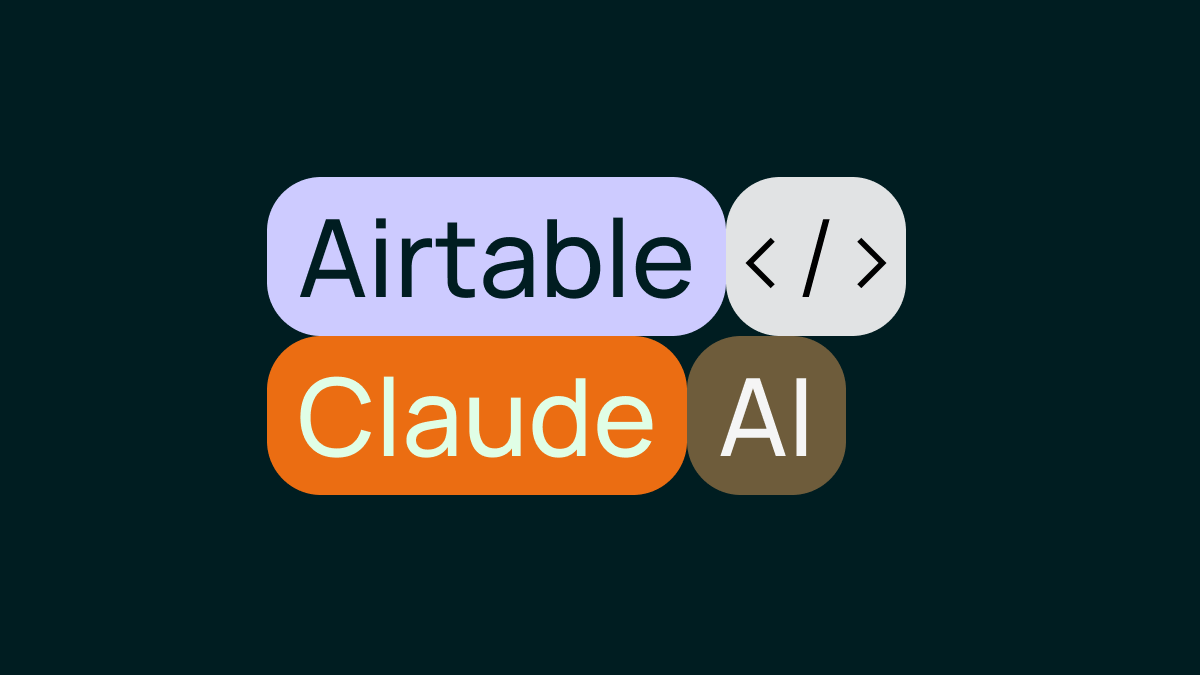Google Ads Auction - How to Improve Your Ad Rank
B2B

George Basadzishvili
What exactly is a Google Ads Auction?
A Google Ads Auction is a bidding war between sellers for the best ad spots on Google's search engine results sites (SERPs). The first place, which comes before organic results, goes to the winner. An ad auction starts every time someone uses Google to look for something.
Is Google Ads a second-price auction?
Yes. In a typical auction, the highest bidder would be required to pay their entire bid. Google, however, employs a second-price bidding strategy.
In a second-price auction, the winner is guaranteed to pay the amount the next best bidder placed. The victor only invests what is required to outperform their rivals.
How does Google ad bidding work?
A comparison shopping service (CSS) must reflect the seller's ad before the seller can submit a bid. Many different CSS providers have different payment structures, but the fundamentals are the same.
You select your bid keywords and your highest cost-per-click (CPC) bid, which is the amount you are willing to pay for each hit.
How does Google calculate your ad rank score?
Google handles the remainder after you've set up a Google Ads pay-per-click marketing campaign. Google determines your ad rank based on three critical criteria in order to deliver the most helpful, pertinent information to searchers:
- The Bid: The highest amount you are prepared to pay for a click on your advertisement or your maximum CPC bid.
- The quality of your ad: The anticipated click-through rate (CTR), the ad's relevance, and the landing page experience all contribute to your ad's Quality Score.
- Ad extensions: Ad extensions are extra details that the searcher may find helpful. Company phone numbers and website URLs are provided in ad extensions. A consumer will more likely engage with your advertisement if it contains more helpful information.
An illustration of a live ad auction
Your ad rank number determines your position on SERPs. Does that imply that even if your ad doesn't perform as well as it should in terms of quality or expected ad format effect, you should increase your bid price to beat your rivals?
Luckily, the answer is no for your bottom line. Three bidders are vying for the same long-tail keyword, "best and affordable bookkeeping software" let's say.
Bidder With a high ad Quality Score and an anticipated format effect, one bids $5. With a high-Quality Score and a moderate expected format effect, Bidder Two offers $4. With a low Quality Score and a negligible expected format effect, Bidder Three offers $6.
Who will top Search results? You're correct if you selected Bidder One! Because of the superior Quality Score and anticipated format effect compared to the rivals, Bidder One is awarded the winning position. And will only be required to pay Bidder Two's highest CPC bid amount of $4 per click due to Google's second-price auction technique.
How can you improve your ad ranking?
Google does not publicly disclose the entire ad ranking algorithm, but they do share the data that goes into determining the Quality Score of your ad:
Click-through rate (CTR): Using past keyword performance data, you can predict your ad's performance by looking at your expected CTR. Using data from comparable ads in your business, Google forecasts the performance of your advertisement.
Ad Relevancy: When determining whether your ad's content matches your goal keywords, Google looks at it. This standardization stops advertisers from filling up SERPs with irrelevant advertising.
Landing page experience: Your landing page experience determines your advertisement's effectiveness. For instance, an interested qualified lead might leave if they have a bad experience attempting to load your website. In Google's opinion, an excellent landing page should be unique, transparent, and user-friendly.
How to improve your Quality Score
The following metrics can be used as a jumping-off place for raising your Quality Score:
Expected CTR: Does your ad text define a unique selling proposition (USP), and is it specific? Did you upload a picture of the merchandise in good quality? Is there a connect or call to action button?
Ad relevancy: Do your ad's text and pictures closely resemble the keyword? Separate the ad categories so you can use more targeted, specialized keywords.
Landing page experience: Is your advertisement linked to the appropriate product or topic page? Do you provide what you promised? Is it quick to display your page? Is it compatible with smart devices?



